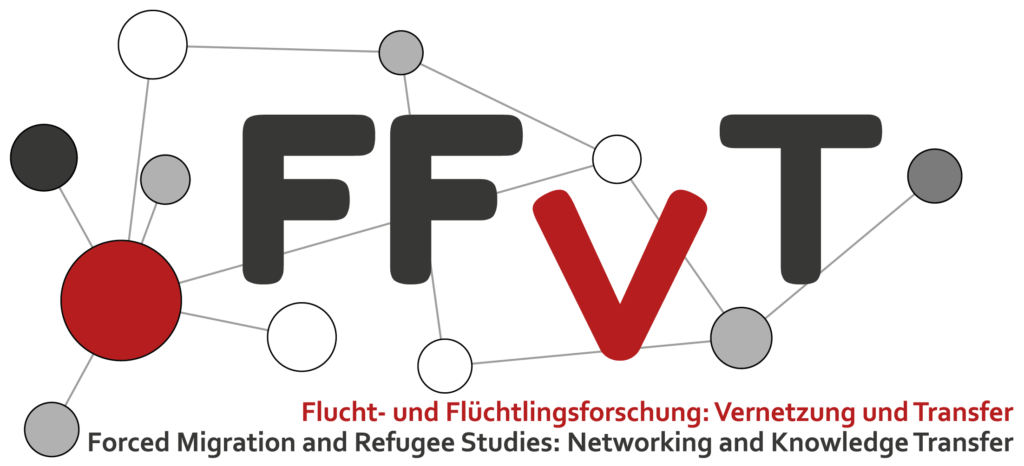Forced Migration and Refugee Studies: Networking and Knowledge Transfer (FFVT)
official website: https://ffvt.net/en

https://flucht-forschung-transfer.de
Fellows
 |
Margaret Monyani
Margaret is a Visiting Research Fellow at the Centre for Human Rights Erlangen Nürnberg (CHREN), Friedrich-Alexander-University (FAU) Erlangen-Nürnberg, Germany. She is also a Sessional lecturer in the Department of International Relations at the University of the Witwatersrand, South Africa where she attained a Doctorate in International Relations in 2021. Her Doctoral research focused on the global dynamics associated with refugee governance from an African standpoint by focusing on the ethnographic experiences of Somali refugee women in Nairobi, Kenya. It examined the critical links between Kenya’s securitisation regime, the resultant vulnerabilities it produces, and Somali refugee women’s everyday resistance to the state surveillance and discrimination. Prior to that, she had completed a Masters in International Relations from Moi University, Kenya, where she left with a distinction. She is a versatile, early career researcher and author with skills in execution of academic and policy research projects as well as leadership experience ranging from civil society to academic spheres. Margaret is also a research affiliate with the Refugee Law Initiative (RLI), University of London where she doubles as a reviewer of the RLI Working Paper Series |
 |
Khangelani Moyo
Khangelani Moyo is an Independent Researcher and a Research Fellow at the department of Sociology, University of the Free State, South Africa. He has a background in migration studies, urban studies, sociology, and social anthropology. His research interests include migration management, refugee governance, migrant transnationalism, spatial identity in the city and social vulnerabilities in the urban peripheries. He is currently an FFVT fellow at the Centre for Human Rights Erlangen Nürnberg (CHREN). As part of his fellowship at CHREN, he focuses on refugee integration in Germany. |

